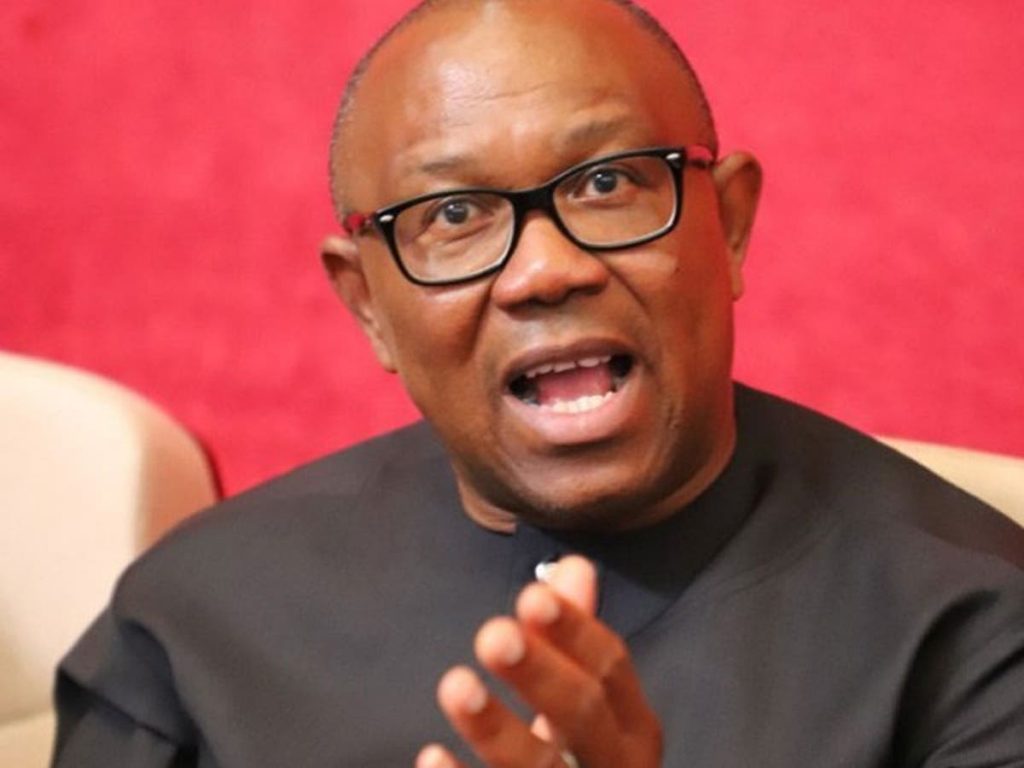Share!
The 2023 Labour Party presidential candidate Peter Obi has expressed strong concerns over the latest collapse of Nigeria’s national power grid, which has plunged significant parts of the country into darkness once again.
Earlier, the national electricity grid collapsed on Monday evening. The grid collapsed at about 6:18 pm on Monday, leaving the masses in darkness. Checks by our correspondent showed that power generation dropped from 3.87 gigawatts at 5 pm to 3.56GW at 6 pm and 0.00GW at 7 pm and 8 pm.
The Enugu Electricity Distribution Company confirmed the grid collapse in a statement on Monday evening.
Meanwhile, in a statement on Tuesday via X, the former presidential candidate described the incident as a national shame and highlighted it as evidence of the failures in leadership and policy implementation at the highest levels.
“For the umpteenth time, the national grid has collapsed, plunging a huge part of the nation into darkness and exposing the fragility of Nigeria’s power infrastructure.
“This recurring disaster is a national shame and a glaring testament to the failure of leadership and policy implementation at the highest levels.,” Obi stated.
He emphasised that the repeated failures of the power system are a significant obstacle to the nation’s growth and economic stability.
According to him, such occurrences underscore the need for immediate and substantial reforms in the energy sector.
Obi pointed to the economic impact of unreliable power supply, particularly on small and medium-sized enterprises (SMEs).
He said, “How long must Nigerians endure a system that fails to provide one of the critical necessities for a productive society?
“This latest power grid collapse is emblematic of a leadership and government that have consistently failed to prioritise the welfare and economic well-being of the people.
“We all know the immense importance of power supply to the transformation of our economy. Its support to SMEs, which are the engine of job creation and a major contributor to our GDP, is immeasurable.”
He argued that the lack of consistent power hinders the productivity and growth potential of Nigerian businesses.
Obi also criticised the disparity between Nigeria’s power generation capacity and that of other African nations. Obi highlighted the differences between Nigeria and economies like South Africa, Egypt, and Algeria.
“Today, we are the fourth largest economy in Africa, having fallen from the number one position due to leadership failure over the years, including the persistent power crisis.
“The disparity in power generation is a reflection of the deep-rooted governance deficit that continues to hold back our growth and potential,” Obi added, stressing that Nigeria, despite its larger population, generates significantly less electricity compared to smaller economies.
Obi called for urgent, comprehensive reform of Nigeria’s power sector and urged the government to focus on initiatives that can drive measurable development.
“Nigerians deserve a government that prioritises measurable indices of development,” he added
